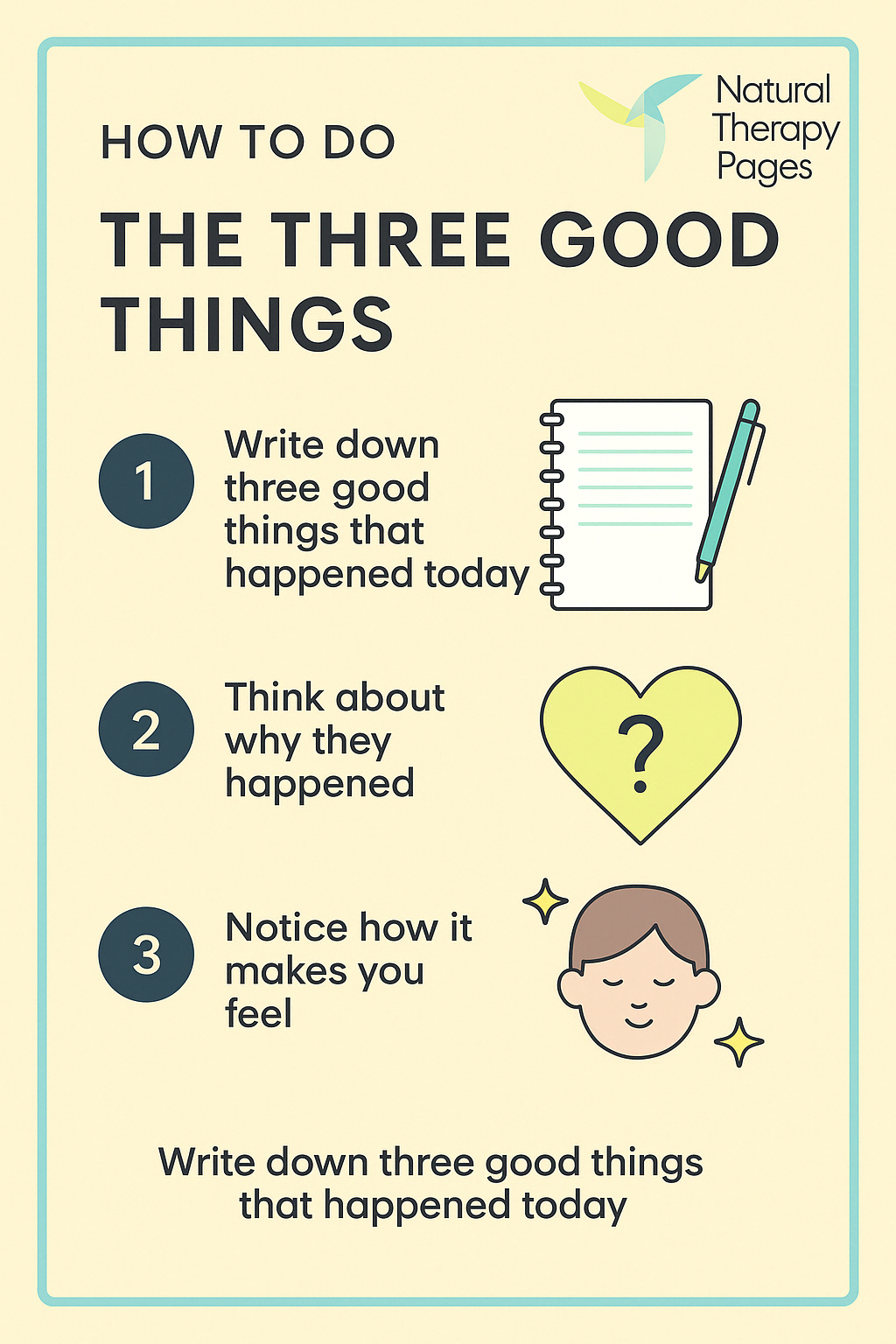
Ever noticed how some people just seem to radiate calm and good energy? It's not that their life is perfect — it’s that they’ve learned how to nurture a mindset that invites more positivity in. You don’t need to fake happiness or ignore hard things. But if you learn how to create positive feelings intentionally, you can transform your day-to-day experience.
Let’s dive into what positive feelings actually are, why they matter, and how you can start cultivating more of them today.
What are positive feelings?
Positive feelings are emotional states that feel good—mentally, physically, and emotionally. They help us connect with others, build resilience, and stay motivated. Some of the most commonly experienced positive feelings include:
-
Happiness
-
Confidence
-
Satisfaction
-
Compassion
-
Love
Psychologist Barbara Fredrickson introduced the idea of a three to one positivity ratio, which suggests that we thrive best when we experience three positive emotions for every one negative emotion. This concept supports mental flexibility and stronger social connections, as explained in her book Positivity: Top-Notch Research Reveals the 3-to-1 Ratio That Will Change Your Life.
People who tend to focus on the good, often called optimists, don’t ignore life’s challenges. They just choose to approach difficulties with a constructive attitude. Optimism doesn’t mean avoiding reality. It means believing that things can improve and acting accordingly.
Why do you need positive feelings?
Positive feelings do more than just feel nice. They act like an internal compass. When you’re feeling light, grateful, motivated or loving, it’s often a sign you’re aligned with your values and moving in the right direction.
Here’s what positive feelings can support:
-
Motivation to reach goals
-
Clearer thinking and problem-solving
-
Stronger relationships and communication
-
A better ability to handle stress or setbacks
-
A deeper sense of connection with others
And here’s something powerful: positive emotions are contagious. When you feel good, the people around you tend to feel more at ease and uplifted too. Your mindset truly can ripple outwards.
How do positive feelings affect your wellbeing?
Numerous studies have shown that positive thinking and emotions are linked to improved physical and mental health. While negative thoughts aren’t inherently bad (they can help us stay safe or identify problems), they become an issue when they dominate our perspective.
If you find yourself stuck in cycles of worry, fear or frustration, learning to shift your emotional state can make a huge difference.
Here are just a few science-backed benefits of positive feelings:
-
Lower stress: Positive emotions calm the nervous system
-
Stronger immunity: Optimistic people tend to have better immune responses
-
Heart health: Reduced risk of cardiovascular disease
-
Greater resilience: Easier recovery from emotional and physical setbacks
-
Longer life expectancy: A 2009 study in Circulation found a clear link between optimism and lower risk of coronary heart disease.
Also, positive thinkers are more likely to eat well, exercise, and avoid excessive alcohol or smoking. It’s not just mental — it’s physical.
How to feel more positive
Cultivating positive feelings is a practice. It doesn’t mean pretending everything’s great all the time. It’s about finding ways to shift your state gently, consistently, and realistically.
Here are some simple strategies you can try:
1. Catch and redirect your thoughts
When you notice a negative thought arise, label it. You might even give it a name like “Worry Voice” or “Doubt”. Gently say: “Thanks, but not now.” Then choose a more empowering thought to focus on.
2. Set intentions for your day
Each morning, take a moment to decide how you want to feel. Peaceful? Confident? Focused? Visualise your day going well and write down a few positive outcomes you’d like to see.
3. Keep a gratitude journal
Every evening, write down three to five things you’re thankful for — even small things like a cup of tea or a friendly smile. This practice can literally rewire your brain to notice the good.
4. Reflect with kindness
If something didn’t go to plan, remind yourself: “I did the best I could with what I had today.” Then let it go. Perfection isn’t the goal — presence is.
5. Think about what brings you joy
Take mental snapshots of happy memories, or reflect on the people you love. Keep those images close, especially during tough moments.
6. Shift your energy with compassion
Feeling irritated with someone? Take a breath and silently send them kindness. It’s not easy, but it softens the energy and gives you power back.
7. Distract and uplift
Read a comforting book. Watch something funny. Listen to uplifting music. Take a walk in nature. Let joy in, even for five minutes.
8. Protect your emotional space
Limit time with consistently negative people. If that’s not possible, visualise a “bubble” of positivity around yourself. Stay grounded in your own calm.
9. Try mindfulness or meditation
You don’t need to be a monk. Just five minutes of deep breathing or a guided meditation can help slow down racing thoughts and reconnect with the present.
10. Limit exposure to negative media
Skip the nightly news. Avoid scrolling through social media late at night. Instead, read something inspiring or listen to calming audio before bed.
11. Remember: your attitude is your power
It’s okay to have off days. But always know that you have a choice in how you respond. Your outlook shapes your experience, and your energy is felt by others.
As they say, it’s no coincidence that happy people often lead happy lives.
Bonus tip: Try the 'Three Good Things' exercise

Write down three good things that happened each day and why they made you feel good. It helps train your brain to focus on the positive. A well-known study from the Journal of Positive Psychology found this simple practice can significantly increase happiness and reduce symptoms of depression.
Wrapping up
Creating positive feelings isn’t about pretending life is always perfect. It’s about learning how to shift your emotional state, access joy, and make space for the good.
Even small daily changes can build momentum. Whether it’s journaling at night, setting morning intentions, or simply choosing kinder thoughts, you have the tools within you.
Want more support on your wellbeing journey? Explore natural therapies near you and discover gentle ways to feel more like yourself again.
|
Do you have a natural health & wellness business? |









